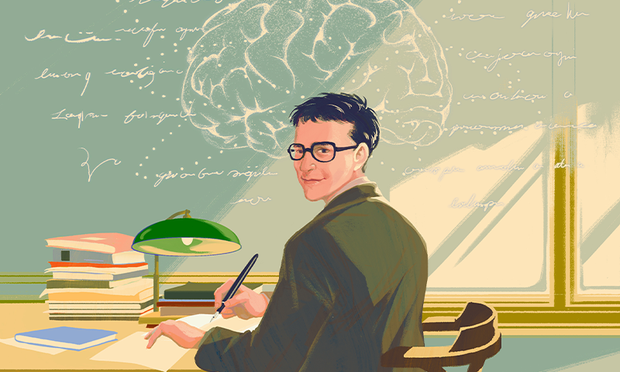The 60-year-old man lying on the street, as far as anyone knew, was just a janitor hit by a drunk driver.
There was no mention of it on the local news, no obituary in the morning paper.
His name might have been Anonymous.
--But it wasn’t.
His name was Peter Putnam.
He was a physicist who’d hung out with Albert Einstein,
John Archibald Wheeler, and Niels Bohr,
and two blocks from the crash, in his run-down apartment, where his partner, Claude, was startled by a screech,
were thousands of typed pages containing a groundbreaking new theory of the mind.
“Only two or three times in my life have I met thinkers with insights so far reaching,
a breadth of vision so great, and a mind so keen as Putnam’s,”
Wheeler said in 1991.
And Wheeler, who coined the terms “black hole” and “wormhole,”
had worked alongside some of the greatest minds in science.
https://nautil.us/finding-peter-putnam-1218035/


